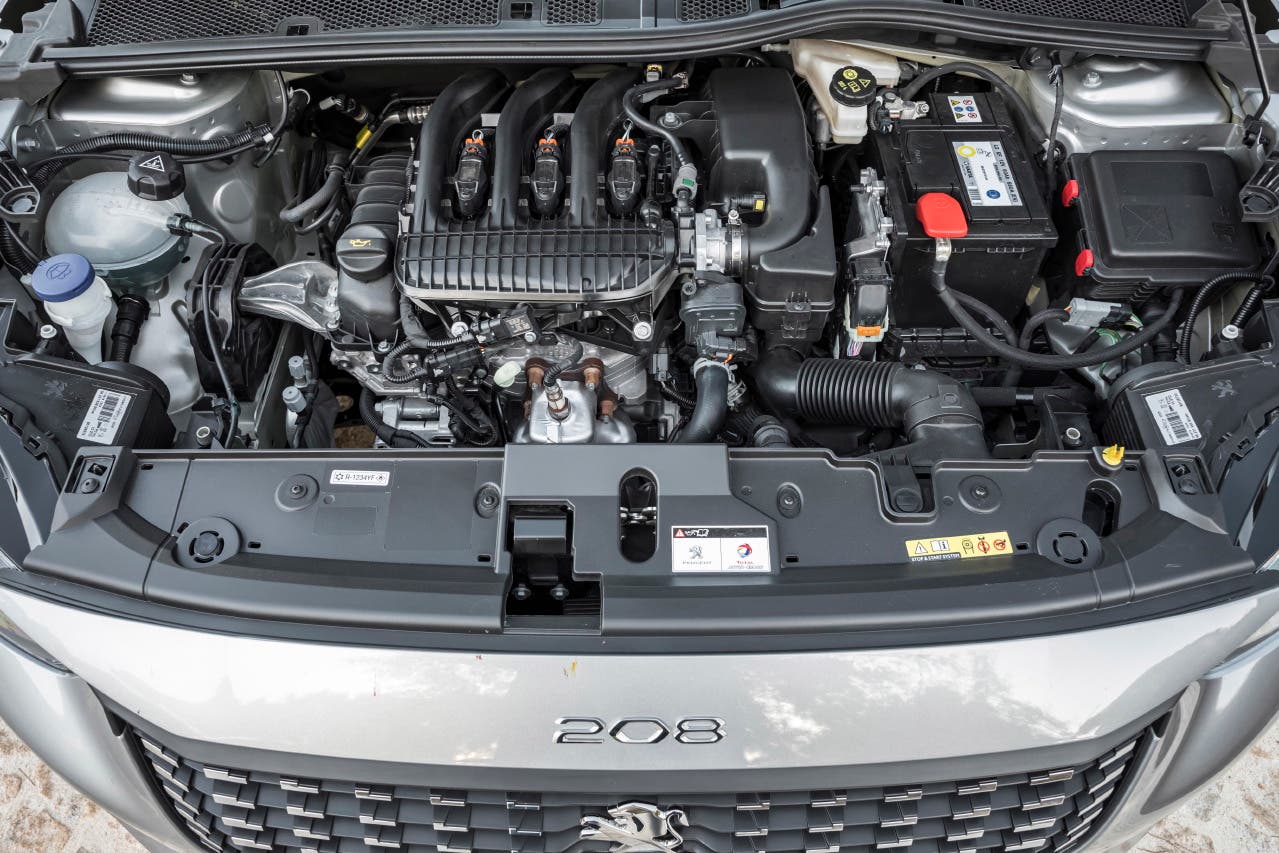- Joined
- May 4, 2018
- Messages
- 1,809
- Reaction score
- 1,496
- Points
- 113
Google translate:
Despite being released in 2013, the 1.2 Puretech Turbo engine still causes a lot of concern among car owners and manufacturers of the former PSA (Stellantis) group whose warranty fees are rising. In January, we revealed to you that Citroën, DS and Peugeot recalled 220,000 models produced from March 2013 to April 2017 . The cause of the recall was premature engine oil degradation leading to timing belt wear. By breaking, the latter clogs the pump, which explains the loss of efficiency of the braking system and the accidents recorded. As a result, the three brands were forced to initiate a recall action, known as a safety action.
For lack of technical explanations from the manufacturers, we investigated and found that the timing belt was modified in April 2017 . On that date, the sheet that constitutes the rear part of the belt was removed because, disintegrating, the residues clog the pump. However, the underlying problem persists on later produced models. As proof, the technical notes relating to the new Peugeot 208 and others. Since January, manufacturers have implemented a support grid for the timing belt. Logically, they bear 100% of the cost of parts and labor for vehicles under 6 years of age or less than 100,000 km, whichever comes first.
The origin of this problem is linked to the rapid degradation of the oil, mainly on vehicles used little (less than 15,000 km) and mostly for urban use. In this context of use, the 1.2 PureTech engine is subject to oil dilution, i.e. fine droplets of unburned fuel flow along the cylinder wall and mix in the lower crankcase. Consequently, this mixture has an abrasive character to the belt which explains its wear. In the absence of a technical solution to avoid this, the only way to preserve the belt is to empty the engine every year.

 www.clubalfa.it
www.clubalfa.it
Despite being released in 2013, the 1.2 Puretech Turbo engine still causes a lot of concern among car owners and manufacturers of the former PSA (Stellantis) group whose warranty fees are rising. In January, we revealed to you that Citroën, DS and Peugeot recalled 220,000 models produced from March 2013 to April 2017 . The cause of the recall was premature engine oil degradation leading to timing belt wear. By breaking, the latter clogs the pump, which explains the loss of efficiency of the braking system and the accidents recorded. As a result, the three brands were forced to initiate a recall action, known as a safety action.
For lack of technical explanations from the manufacturers, we investigated and found that the timing belt was modified in April 2017 . On that date, the sheet that constitutes the rear part of the belt was removed because, disintegrating, the residues clog the pump. However, the underlying problem persists on later produced models. As proof, the technical notes relating to the new Peugeot 208 and others. Since January, manufacturers have implemented a support grid for the timing belt. Logically, they bear 100% of the cost of parts and labor for vehicles under 6 years of age or less than 100,000 km, whichever comes first.
The origin of this problem is linked to the rapid degradation of the oil, mainly on vehicles used little (less than 15,000 km) and mostly for urban use. In this context of use, the 1.2 PureTech engine is subject to oil dilution, i.e. fine droplets of unburned fuel flow along the cylinder wall and mix in the lower crankcase. Consequently, this mixture has an abrasive character to the belt which explains its wear. In the absence of a technical solution to avoid this, the only way to preserve the belt is to empty the engine every year.

PSA: il motore 1.2 Puretech Turbo provoca ancora preoccupazione tra i clienti
Nonostante sia stato rilasciato nel 2013, il motore 1.2 Puretech Turbo provoca ancora molta preoccupazione tra i proprietari di auto e i produttori
